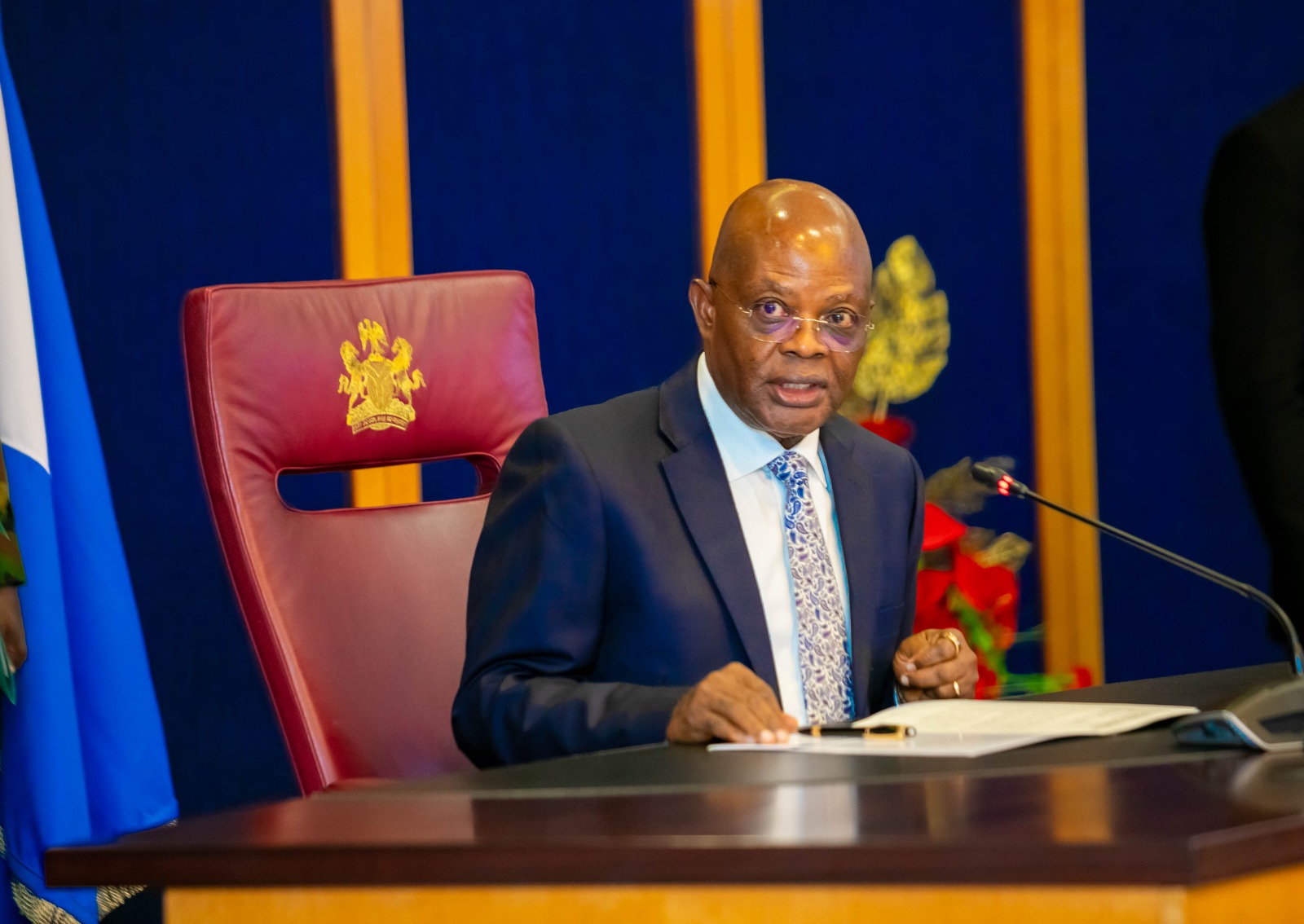President Bola Ahmed Tinubu will sign four groundbreaking tax reform bills into law on Thursday, which aim to transform Nigeria’s fiscal framework, enhance tax administration, and increase investor trust.
The four pieces of legislation — the Nigeria Tax Bill, the Nigeria Tax Administration Bill, the Nigeria Revenue Service (Establishment) Bill, and the Joint Revenue Board (Establishment) Bill — were recently approved by the National Assembly after thorough consultations with stakeholders and technical assessments.
The formal signing event is scheduled to take place at the State House in Abuja.
A statement released on Wednesday by the Special Adviser to the President on Information and Strategy, Bayo Onanuga, described these laws as a significant advancement in President Tinubu’s economic reform initiatives. The new regulatory framework is anticipated to simplify tax compliance, boost revenue generation, and enhance the overall business climate in Nigeria.
“These laws will significantly transform tax administration in the country, leading to increased revenue generation, an improved business environment, and a boost in domestic and foreign investments,” the statement said.
The signing ceremony will be attended by prominent government figures, including the President of the Senate, the Speaker of the House of Representatives, the majority leaders of both chambers, the chairpersons of the Senate and House Committees on Finance, the Chairman of the Nigeria Governors’ Forum, the Chairman of the Progressives Governors’ Forum, the Minister of Finance and Coordinating Minister of the Economy, and the Attorney General of the Federation.
The Nigeria Tax Bill (Ease of Doing Business) is central to these reforms, which aim to merge Nigeria’s previously disjointed and overlapping tax regulations into a cohesive, unified statute.
This bill seeks to eradicate multiple taxes, lessen taxpayer compliance burdens, and establish a more transparent and stable fiscal climate.
The second piece of legislation, the Nigeria Tax Administration Bill, sets forth a standardised operational and legal framework for tax administration that encompasses federal, state, and local governments. Its goal is to streamline procedures and minimise conflicts in collecting and managing taxes across various government levels.

The Nigeria Revenue Service (Establishment) Bill, which repeals the existing Federal Inland Revenue Service (FIRS) Act, is also included for signing. This legislation establishes a new, independent national revenue agency—the Nigeria Revenue Service (NRS)—with an expanded scope.
Beyond tax collection, the NRS will manage non-tax revenues, operating under a fortified framework of transparency, accountability, and performance benchmarks.
The fourth law, the Joint Revenue Board (Establishment) Bill, establishes a formal institutional structure to promote collaboration and coordination among revenue agencies at all governmental tiers.
It implements new accountability systems, such as creating a Tax Appeal Tribunal and an Office of the Tax Ombudsman, to guarantee fairness in tax enforcement and address taxpayer complaints.










